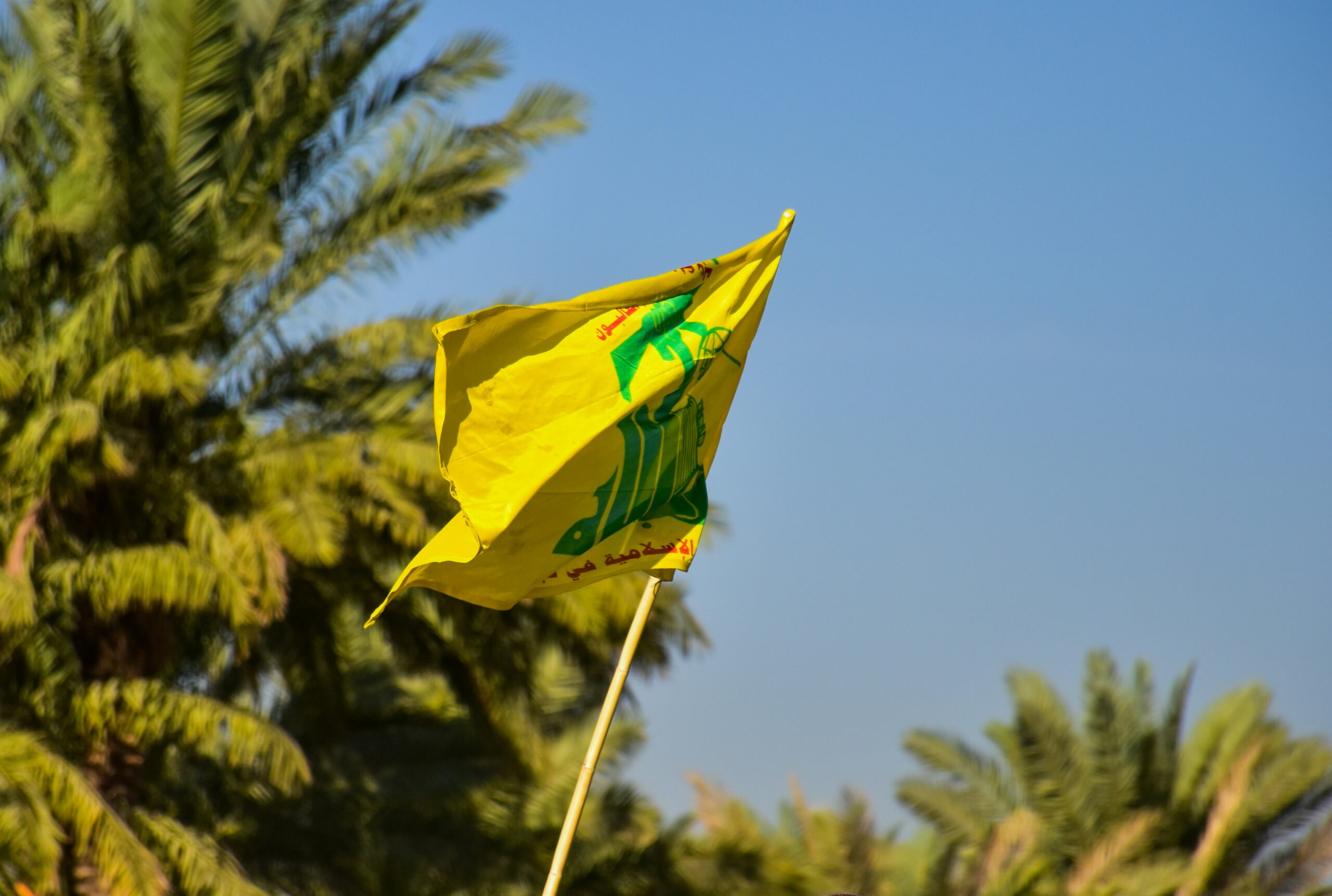
In a forceful public statement, Hezbollah’s leader Naim Qassem has openly criticized the Lebanese government’s disarmament proposal, asserting that the plan primarily serves Israeli interests and vowing that Hezbollah will not relinquish its arms. This declaration follows a series of heightened tensions and conflicts within the region, placing Lebanon at the heart of geopolitical strife.
Key Facts
- Hezbollah leader Naim Qassem accuses the Lebanese government of aligning with Israeli and U.S. demands through its disarmament initiative.
- The announcement was made during a televised speech following a meeting with Iran’s top security official, Ali Larijani, signifying continued Iranian support for Hezbollah.
- Lebanon’s government has faced pressure from the United States to disarm Hezbollah by year’s end.
- Iran, a key ally of Hezbollah, has also been involved in recent conflicts with Israel, complicating the regional security landscape.
Background
Hezbollah, a significant political and military organization in Lebanon, has been a central figure in the region’s ongoing conflicts. Originally emerging as a stronger force than the Lebanese military, Hezbollah asserts that its arsenal is essential for defending Lebanon against external threats. However, its critics argue that the group uses its military capabilities to exert political influence within Lebanon and beyond.
Following a damaging conflict with Israel last year, and under the shadow of U.S. sanctions, the Lebanese government proposed a plan to disarm Hezbollah by the end of the year, a move that has escalated tensions within the country. The plan’s announcement has drawn sharp criticism from Hezbollah and its allies, who perceive it as a threat to Lebanon’s sovereignty and stability.
Official Reactions and International Implications
During his speech, Qassem’s rhetoric was charged with warnings of potential civil strife and internal collapse if the government proceeded with the disarmament. He argued that such actions would effectively ‘hand over’ Lebanon to what he described as ‘insatiable’ Israeli and American ambitions. This stance highlights the deep divisions within Lebanese politics and the broader implications for regional security.
Iran’s role as a staunch supporter of Hezbollah was further emphasized during the visit of Ali Larijani, Iran’s Supreme National Security Council chief, to Beirut. This visit underscores the ‘axis of resistance’ against Israeli and American policies in the Middle East, which includes Hezbollah among other regional groups.
Lebanese President Joseph Aoun, meanwhile, has expressed his disapproval of external interference in Lebanon’s affairs, reflecting the complex interplay of national sovereignty and foreign relations influencing the disarmament debate.
What’s Next
The situation remains volatile with Hezbollah’s refusal to disarm and ongoing external pressures. The international community, particularly countries involved in Middle East affairs, will likely keep a close watch on developments. The outcome of this standoff could significantly impact Lebanon’s internal stability and the broader geopolitical dynamics of the region.


